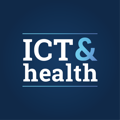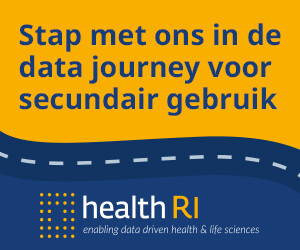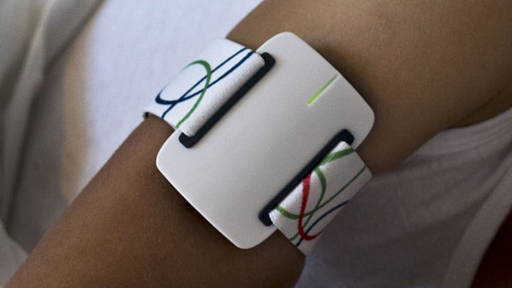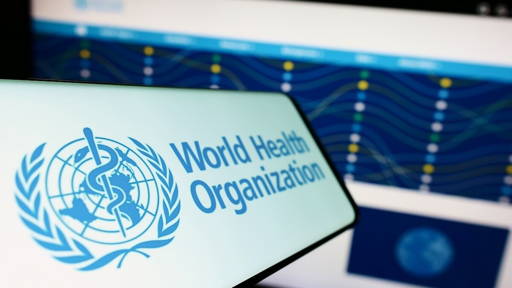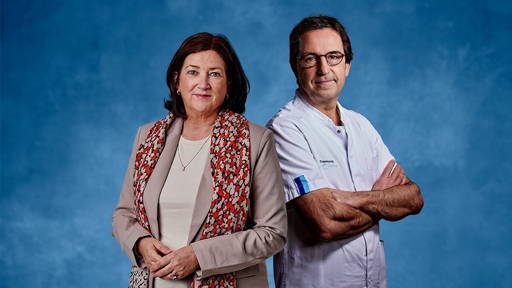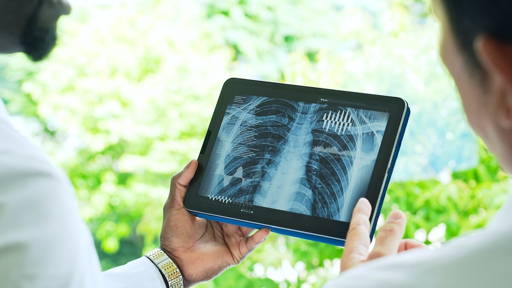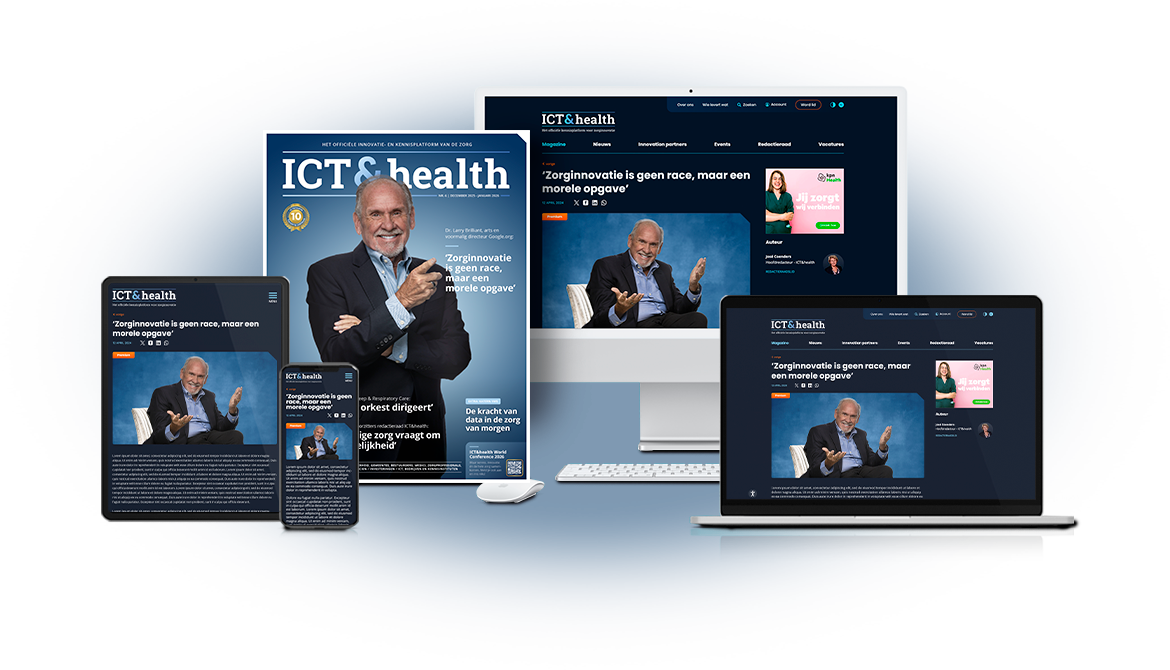It is interesting to see that Philips invites a physician from the US and another one from England to share lessens in care coordination with an invited audience mainly from healthcare organisations and universities in Singapore. Both key-note speakers, Dr. Mike Breslow and Dr. Maurice Smith, highlighted the potential of digital healthcare to support care coordination, presuming that coordination is the path to go the resolve undesired fragmentation. It makes you wonder what role context plays in the development, testing and implementation of care coordination in different healthcare systems.
Common challenges
It goes without saying that Singapore differs from the USA and England in many ways, including the way healthcare is organized, financed and delivered. However, as Dr Mike Breslow clearly pointed out, despite the differences many countries face similar challenges including the phenomenon that about 5% of the population consumes up to around 50% of all healthcare. Together with the fast growing number of elders in many countries, healthcare systems are faced with two major questions: how to keep people healthy against low costs and how to do better for those already diagnosed?
Lessons learned
Dr. Breslow described the journey of tele-health so far from his experiences. In short, he outlined that the US has come from supporting the discharge of patients from hospitals, via supporting behaviour change among patients with multiple diagnoses, to a more tailored approach to meet the health needs of people who make up a population. In the latter step, tele-health is one part of the equation in addition to the work by health coaches and the application of motivational interviewing. Dr. Breslow stressed the importance of taking the patients’ perspective as design principle, team work, and networks or likeminded organizations committed to improve population health management as levers for care coordination.
Dr. Smith shared lessons from Healthier Liverpool. Perhaps most impressive is the gap Liverpool wants to overcome: from being one of the most deprived regions in England to among the top 10 most digitally advanced health and social care economies in Europe in 2020. He illustrated how the incremental implementation of tele-health is winning both patients and healthcare providers to change their perceptions of health and the activities undertaken to improve health. The journey is ongoing and clearly benefits from the high ambitions, strong leadership, winning of confidence among the sceptical ones, and most of all, to learn from failures.
No magic bullet
During the Q&A part of the seminar I asked both Dr. Breslow and Dr. Smith to elaborate on how one can best learn from failures when coordinating care by using tele-health. Not unexpectedly, they replied that there is no ‘magic bullet’ in doing so. They did, however, reveal two important terms for care coordination: 1. shaping of a climate for continuous learning (from failures); and 2. careful definition of measures of success related to the stages of maturity of tele-health and care coordination.
Putting care coordination and tele-health into perspective
Sometimes it takes a fresh pair of eyes to put things into proper perspective. Dr. Breslow and Dr. Smith gave us two such pairs. It can be advantageous not to be in the front pack as it could prevent one from making costly mistakes. Singapore may be able to leapfrog and share lessons with the rest of the world in due time. All it takes is another fresh pair of eyes: those of patients and their careers.
Royal Philips, a Dutch technology company, understands this and stimulates various stakeholders to gather and, where feasible, work together. Another match maker is the Embassy of the Kingdom of the Netherlands who is inviting Dutch companies to visit Singapore during the Ageing Asia Innovation Forum from 26-29 April 2016.
6TH AGEING ASIA INNOVATION FORUM 2015 EVENT HIGHLIGHTS VIDEO
###Singapore###
Additional information:
Embassy of the Kingdom of the Netherlands in SingaporeDr. Breslow | Dr. Smith | Ageing Asia Innovation Forum | Philips Singapore

